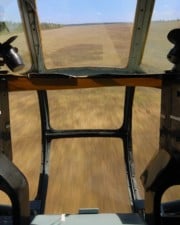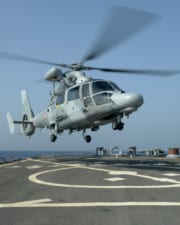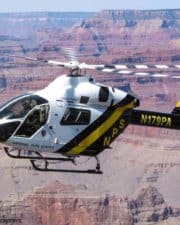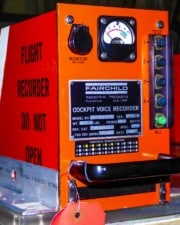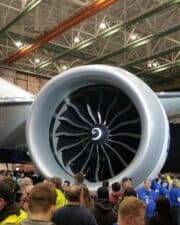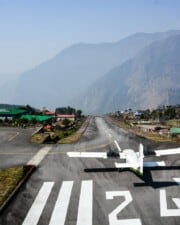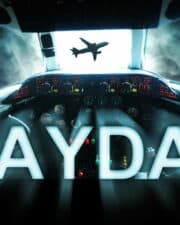Helicopters are million dollar machines and seem to be indestructible, but are they really that sturdy? Everyone has seen movies about helicopters maneuvering and doing their jobs in the worst weather imaginable, but is this a realistic view of helicopters? Can helicopters actually fly in weather such as rain, wind, snow, storms and hurricanes?
Can Helicopters Fly in Bad Weather?
As a general rule, helicopters can fly in most bad weather; however, there are exceptions to this rule. For instance, helicopters are unable to fly inside of clouds when the temperatures are in the freezing range. Nor can they land safely in dense fog or other low-ceiling situations.
Dangers Associated with Bad Weather
A bad weather flight is certainly possible for a helicopter when lightning isn’t a possibility. Many helicopter pilots will delay a flight if they know that lightning is a possibility. In most cases, however, helicopter pilots can land the copter safely even if it is hit by lightning.
Of course, just because the helicopter lands safely and the passengers are safe, this doesn’t mean the helicopter will be damage-free. In fact, lightning and bad weather can cause numerous damages to occur to the helicopter, which can be quite costly to repair.
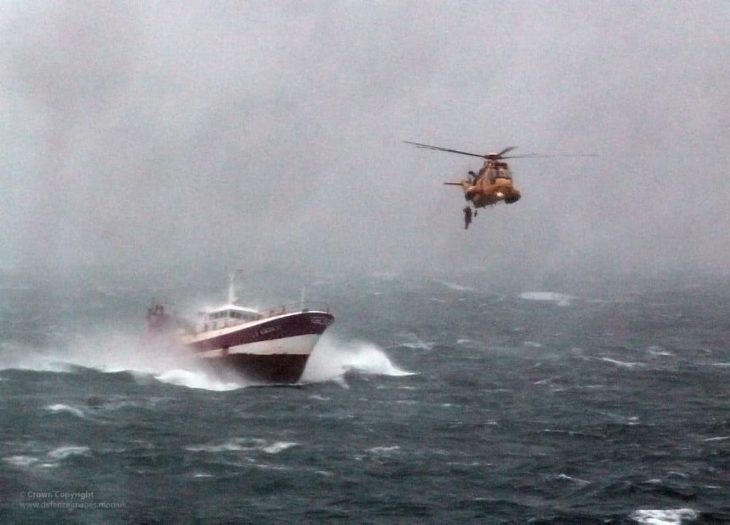
Indeed, if you are piloting a helicopter and sustain lightning damage, it is possible for it to cost millions of dollars to repair and replace the things that need to be replaced. This is the main reason why most pilots refuse to fly if lightning has been detected.
Most pilots are well-seasoned when it comes to identifying certain weather patterns that might lead to lightning, but they also pay attention to the chances of hail and heavy winds occurring because these can be just as dangerous.
They also learn to safely land the helicopter regardless of the weather, which is invaluable.
Different Weather Conditions
When you take a helicopter out for a spin, you never know what might result when it comes to the weather, which is why pilots always pay close attention to the weather patterns that currently exist. Different conditions affect helicopter flights in different ways.
Snow
For instance, snow, sleet, and fog can affect the pilot’s visibility, which can make flying a little more challenging. It can also make landing more difficult because the landing area could be slippery. Winds can make flying even more of a challenge.
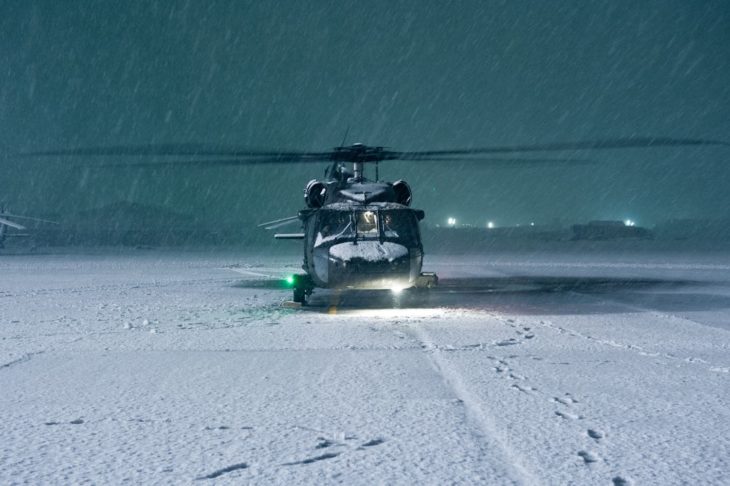
Wind
Tailwinds can speed up the helicopter, while crosswinds and headwinds can slow it down, which needs to be taken into consideration by the pilot. If there’s a bad storm, the wind direction can change suddenly, which can make it dangerous to fly.
Rain
Helicopters generally have no issues flying in rain. Rain does not affect the thrust created by the blades needed for takeoff. However, rain can impact the visibility for the pilot substantially. It is up to the pilot to determine whether or not it is safe to fly.
Freezing
If freezing occurs, especially if the humidity level is high, ice can form on the interior or the exterior of the helicopter.
A good antifreeze can be used to divert negative outcomes, but salt should never be used on the landing base because it can be sucked up by the engine and cause problems.
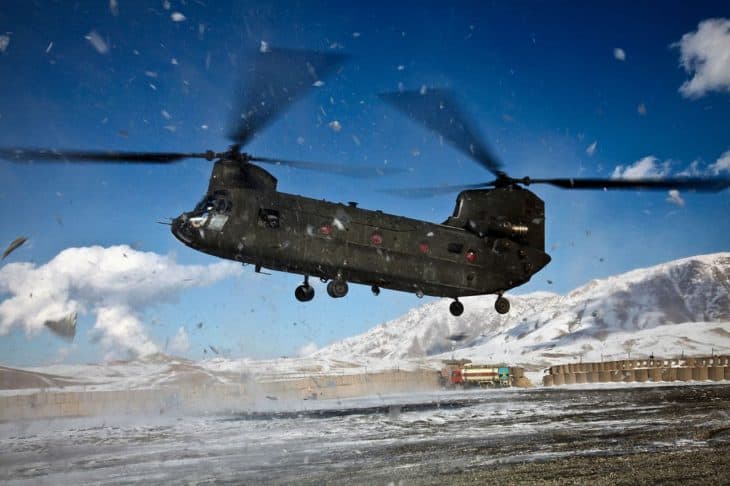
Of course, the unexpected can always occur even after all safety measures have been enacted, which is why most helicopter pilots have the right insurance to pay for damages that might result.
Bad weather flight is certainly possible in most instances, but knowing your risks ahead of time is still recommended.
Other Weather Related Considerations
Of course, flying in bad weather it not only worrisome from a danger standpoint, but also as it relates to the comfort and confidence of the passengers.
Just like turbulence in airplanes rarely results in a crash or damage to the aircraft, bad weather still makes passengers uncomfortable and fearful, which is natural.
Nevertheless, there are things a pilot can do to decrease the chances of scared passengers and helicopter damage, including flying on autopilot to make the helicopter much more stable.

Pilots can also fly around the bad weather at times, depending on the severity of the weather and other circumstances.
As far as hurricanes are concerned, it is always best for helicopters to stay away from them.
Bad weather flight is possible in a lot of harsh weather conditions, but hurricanes are different. Because the winds get up to 75 miles per hour and higher, it is simply unsafe to fly in hurricane weather.
There are some exceptions to the hurricane rule, because there are some military helicopters that can fly in hurricanes; most notably, the Dolphin HH-65A and the C-130 Hurricane Hunters. However, these are truly exceptions to the rule and not the norm.
Conclusion
Simply put, bad weather flight is not impossible for helicopters, although it is not recommended either. Paying attention to the weather certainly can help you make a decision as to whether you should fly, but in the end it is plain common sense that will help you the most.
Different weather patterns affect a helicopter in different ways, and an experienced pilot will be familiar with all of them. It is also good to note that the effect weather has on flying your helicopter is something that cannot always be taught, so researching it on your own is always a good idea.
Related Posts



